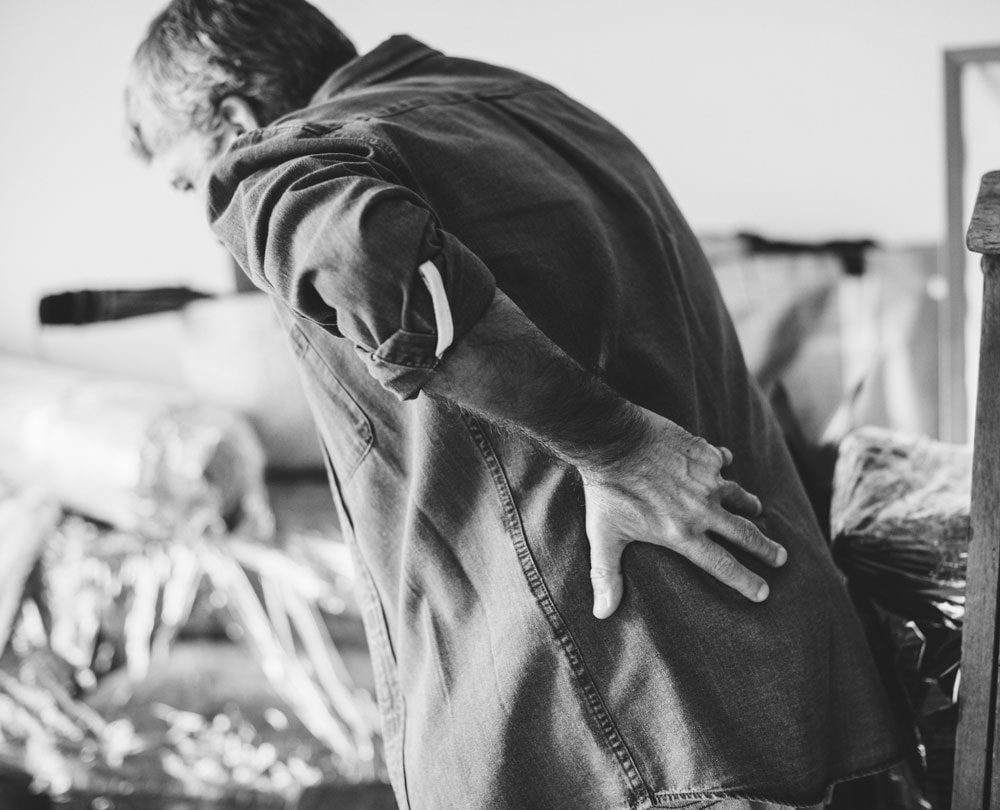|
Part of being a compassionate companion to someone who has survived trauma is an awareness of the far reaching effects trauma can have on a human being. Regardless of the type of trauma experienced, the whole of a person is affected. This makes companioning a survivor a unique case. One of the difficult things about trauma compared to other “issues” we may face in spiritual direction, is that we are not only dealing with relational or emotional wounds. Even if the person has never been physically harmed we are dealing with damaged biological systems, so we must incorporate their biology into the direction experience. It is helpful to have an understanding of the physical responses people have to trauma both so that we can offer appropriate and helpful disciplines as needed, but also so that we can carefully navigate those physical aspects of the spiritual life that may be under strain. The major physical responses to trauma that may affect the direction relationship, but be invisible to the eye, mostly take place in the brain. During a traumatic experience, the frontal lobe of the brain shuts down. The frontal lobe is the part of the brain that helps us with reason and decision making. After the event is over, the frontal lobe often has trouble re-establishing connections, especially around events related to the trauma itself. This invisible injury may express itself in direction as difficulty being present and a lack of language. It may be hard for the directee to explain their own emotions or thoughts to both themselves and their director. The lower regions of the brain, sometimes referred to as our “reptilian brain,” get overstimulated during overwhelming events. This is the instinctive part of the brain that integrates and interprets input from your internal organs, including muscles, joints, and balance system, to give us a sense of being embodied. Trauma interrupts these communications as well as making it difficult to distinguish the past from the present. Trauma also distorts social awareness, creates defensiveness, and interferes with abilities to regulate. We also see trauma affecting other systems in the body. The hormones that regulate our fight or flight responses often become stuck, flooding the body unexpectedly. A survivor’s body may be full of trapped energy. This over abundance of adrenal hormones wears on other systems. One theory of understanding trauma’s physical affects is called Polyvagal theory. This refers to the two vagal systems that run throughout the body. These are located above and below the diaphragm. We experience these systems as the difference between something making one’s heart pound or breathing increase versus something being “gut-wrenching.” If the upper vagal system has been affected by trauma, directees may suffer from a lack of prosody, poor face to face gaze, flat facial affect, sound hypersensitivities, and inappropriate posture during social engagement. If the lower vagal system has been affected, we may see poor mood and affect, atypical state regulation, a low threshold to become fight or flight, a low threshold to become dissociative, lower gut problems, or fibromyalgia. Understanding these effects of trauma can help us to be patient and compassionate in meaningful ways with our directees who have survived trauma. Incorporating grounding experiences, recommending practices that help with brain health (for example, coloring), being sensitive to the frustrations that come with lack of language and so perhaps offering Visio Divina over Lectio, all of these are ways that we can compassionately care for the whole of our directees as they begin to heal. *Suggestions for further reading: The Body Keeps the Score, by Dr. Bessel Van Der Kolk In An Unspoken Voice, by Dr. Peter Levine
0 Comments
Leave a Reply. |
�
SPIRITUAL DIRECTION BLOG
From 2012-2020, this blog space explored expanding understanding and best practices for holistic health in the context of spiritual direction.
This website serves as a historical mark of work the Institute conducted prior to 2022. This website is no longer updated. Archives
September 2020
Categories
All
|



 RSS Feed
RSS Feed
